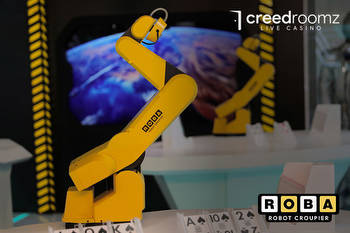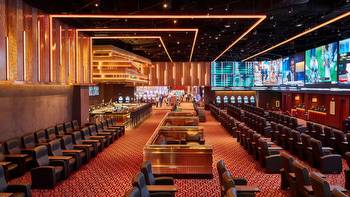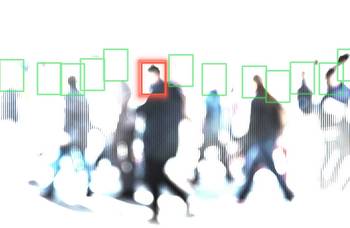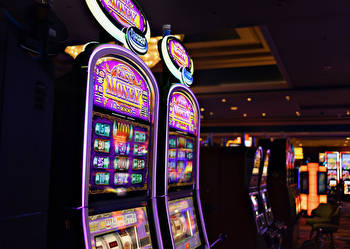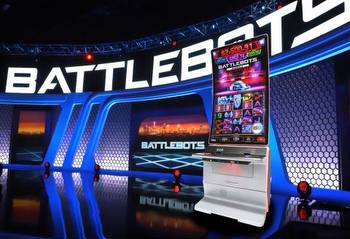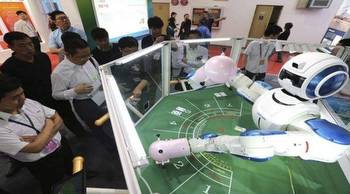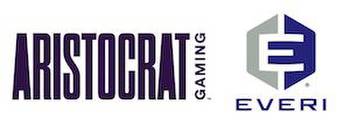US casino industry starting to adopt autonomous robots for security operations

Casinos across the US are beginning to utilize autonomous robots to bolster security operations. Several venues have now opted for these solutions in an effort to protect their premises and keep visitors and staff safe. Providers claim their products do a better job and for less money while addressing the diverse challenges posed by the casino environment.
At the moment, several types of autonomous robots for casinos are available in the market. Non-mobile units are often employed to monitor entry and exit points, while fully mobile devices typically patrol indoor and outdoor areas.
Among security technology companies providing autonomous security robot services within the gaming market is Knightscope. The firm says customers can augment their security program “at a fraction of the average rate for one 24-hour security post” with its robots, according to IFSEC Global.
These machines can perform tasks such as patrolling casino premises to provide a physical security presence with “real-time” actionable intelligence to help detection and prevention. Knightscope, which in May signed its first Las Vegas casino client, claims its services sharply improve operations on the floor.
Knightscope’s new unnamed client, described as a leading operator with more than 30 casinos and gaming facilities across the country, is set to employ the company’s K5 robots in its Vegas facility to patrol parking lots and structures to deter criminal activity and help keep guests and their belongings safe. And last week, a California casino renewed its Autonomous Security Robot (ASR) contract for a third year.
While the tech business supports a variety of sectors, Knightscope has highlighted momentum in the US casino market in recent months, according to the cited source. A reason for the increasing attention in the gaming space is attributed to the versatility of the robots, which are able to secure operations in a context where large amounts of cash are handled, visitors arrive frequently, and alcohol is consumed.
However, the Silicon Valley-based tech firm isn’t the only business operating in the robots for casino space. Robotic Assistance Devices (RAD), a subsidiary of artificial intelligence-based solutions provider AITX, has also reported an interest in its products stemming from the gaming market.
In late June, Robotic Assistance Devices announced it received a Letter of Intent from a casino operator “for a large number of RAD devices,” to be deployed this month. The company’s ROSA product -a compact, self-contained security and communication solution- will be in charge of keeping an eye on the facility and their guests.
Meanwhile, the SCOT (Security Control Observation Tower) solution will be standing at the main entrance, and is capable of autonomously providing valuable information and security. A third robot that is nearly 7 ft. tall and weighs over 700 lbs, ROAMEO, autonomously patrols properties or periphery, recording and reporting back to the central command center.
While robots are still a surging trend seeking a larger adoption, solutions providers remark they can cover a number of security processes, making them a convenient choice. The devices can patrol parking lots and external facilities for trespassers; monitor the flow of people of interest; engage visitors in a “fun” and different way; deliver on-brand messages; supplement guarding shortages; and more.
“Why will casinos turn to ROAMEO to supplement their human guard patrols? Because ROAMEO can do a better job, for less money, addressing the diverse security challenges posed by the casino environment,” RAD says on its webpage. Earlier this year, Red Hawk Casino announced it would be deploying this solution.








